
Utah’s Decision to Ban Fluoride Is a Bad Move for Kids
Becoming the first state to ban fluoride is going to cost Utah, both financially and dentally
Megha Satyanarayana is chief opinion editor at Scientific American, where she writes the column Cross Currents. She is a former scientist who has worked at several news outlets, including the Detroit Free Press and STAT. She was a Knight-Wallace Fellow, a cohort member of Poynter’s Leadership Academy for Women in Digital Media and a Maynard 200 Fellow.

Utah’s Decision to Ban Fluoride Is a Bad Move for Kids
Becoming the first state to ban fluoride is going to cost Utah, both financially and dentally

Making America Ableist Again
By going after Social Security, the Department of Veterans Affairs and the Department of Education, Donald Trump is signaling his belief that having “good genes” means not having a disability

Walking Shouldn’t Be So Dangerous in the U.S.
About 20 people die every day in the U.S. after being hit by a car. To make walking safer, we need a big cultural shift in how we view pedestrian safety

Should Kids Do Chores?
They may tell us they hate chores, but kids who help around the house report feeling accomplished and competent, not to mention happy
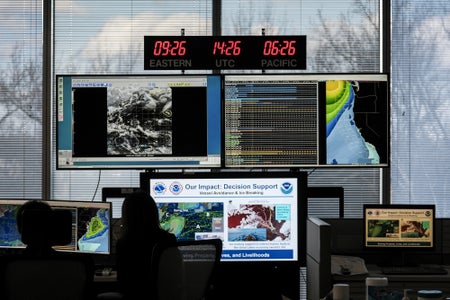
Why Is the Trump Administration Politicizing Weather?
Climate change is real. Dismantling our federal weather agency won’t change that
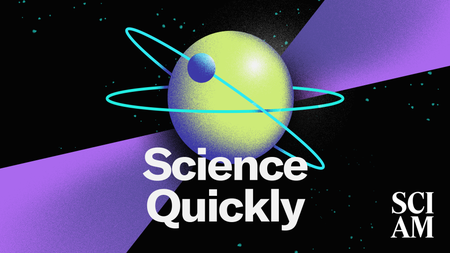
How Plastics in the Brain Connect to the Wider Debate over Petroleum
Many people are concerned about microplastics reaching our brain—but few realize how this connects with petroleum production and the climate crisis

The Measles Outbreak in Texas Is Why Vaccines Matter
Opting against vaccines may uphold ideas of personal freedom, but it has doomed the county at the center of the Texas measles outbreak

Why Is the Trump Administration Villainizing Mental Health Meds for Kids?
A federal commission to examine U.S. chronic disease could undercut real treatment for kids with depression, ADHD and other mental health challenges
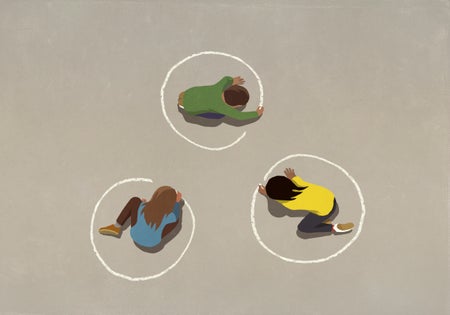
Understanding Your Introverted Kid’s Needs Will Help Them Succeed
There is nothing wrong with quieter, introverted kids. Recognizing what makes them tick can help them confidently navigate an extroverted world
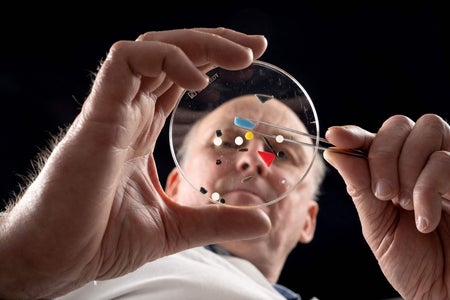
Why Aren’t We Losing Our Minds over the Plastic in Our Brains?
New research on microplastics in brains reminds us that while scientists compile safety data, our leaders should still act

The U.S. Is Not Ready for Bird Flu in Humans
Bird flu is infecting more people than we think. We need to stop it now before a new pandemic begins

An Eclipse Is a Moment of Solitude, Even When You’re in a Crowd
Even among hundreds of people, experiencing an eclipse is a joyous solitude

The Science of Parenting
Scientific American is launching a new column about parenting to evaluate the staggering amount of information available and the evidence behind it

Editors’ Picks: Our Favorite Opinions of 2023
As 2023 comes to a close, we look back at a year of poignant commentary on space, politics, climate, artificial intelligence, nuclear weapons, and health—and the ways we explore the human experience
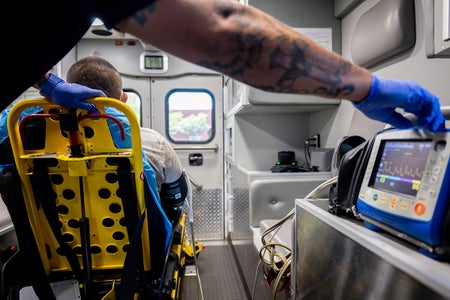
Heat Waves May Be Slow, but They Are Just as Destructive as Faster Disasters
After weeks at 100 degrees F, the drought and heat wave in Texas are taking their toll

Editors’ Picks: Our Favorite Opinions of 2022
Our opinion section took us to the front lines of COVID, revealed how racists misuse evolutionary biology, illuminated a mental health epidemic in kids, and more
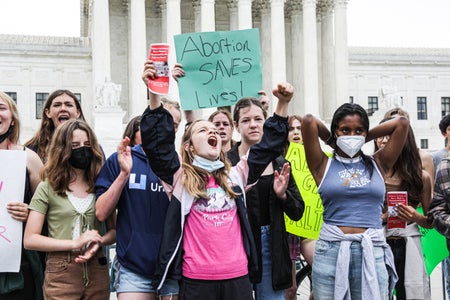
Overturning Roe and Other Important Reproductive Health Stories of 2022
As the Supreme Court’s Roe v. Wade reversal put reproduction into the political limelight, Scientific American explored a range of issues related to abortion and reproductive health
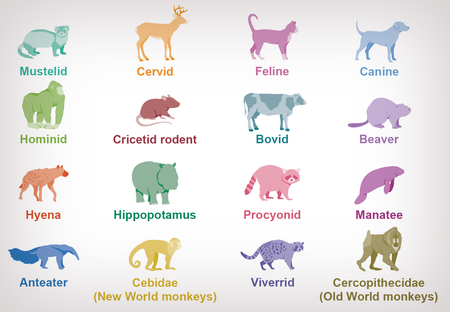
Which Animals Catch COVID? This Database Has Dozens of Species and Counting
Tracking how SARS-CoV-2 spreads among animals could help us prepare for the next pandemic
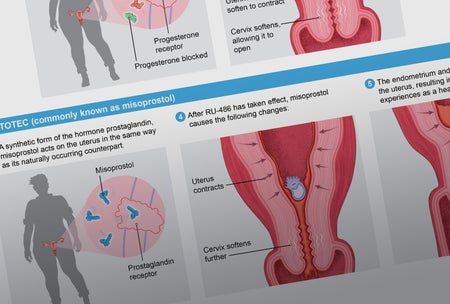
How Medication Abortion with RU-486/Mifepristone Works
A step-by-step look at how these drugs end pregnancy
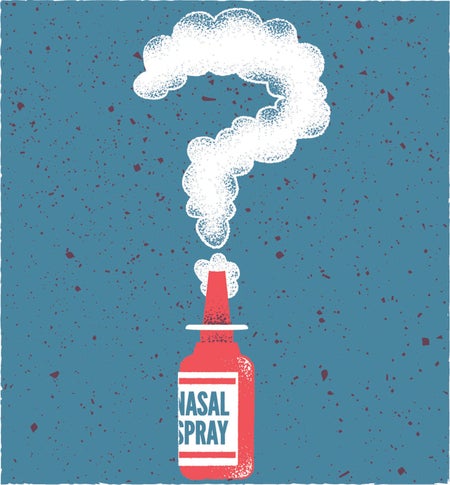
Nasal Spray COVID Preventives Are Finally in Development
Different methods of drug delivery give us more tools to fight disease
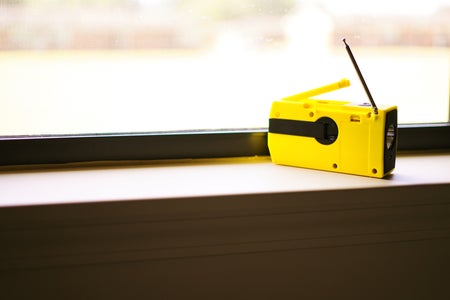
A Weather Radio Can Save Your Life
There are many ways to stay informed during a disaster. A weather radio is one of the most reliable
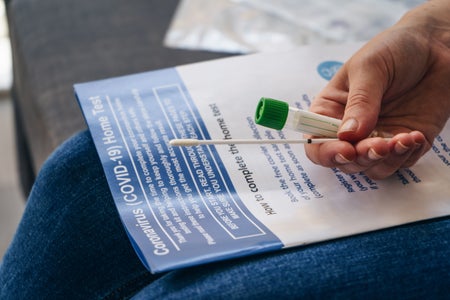
The Biden Administration Should Offer Free At-Home COVID Testing
The federal testing strategy has tried to improve availability but still puts the burden on people to find expensive tests that are often in short supply